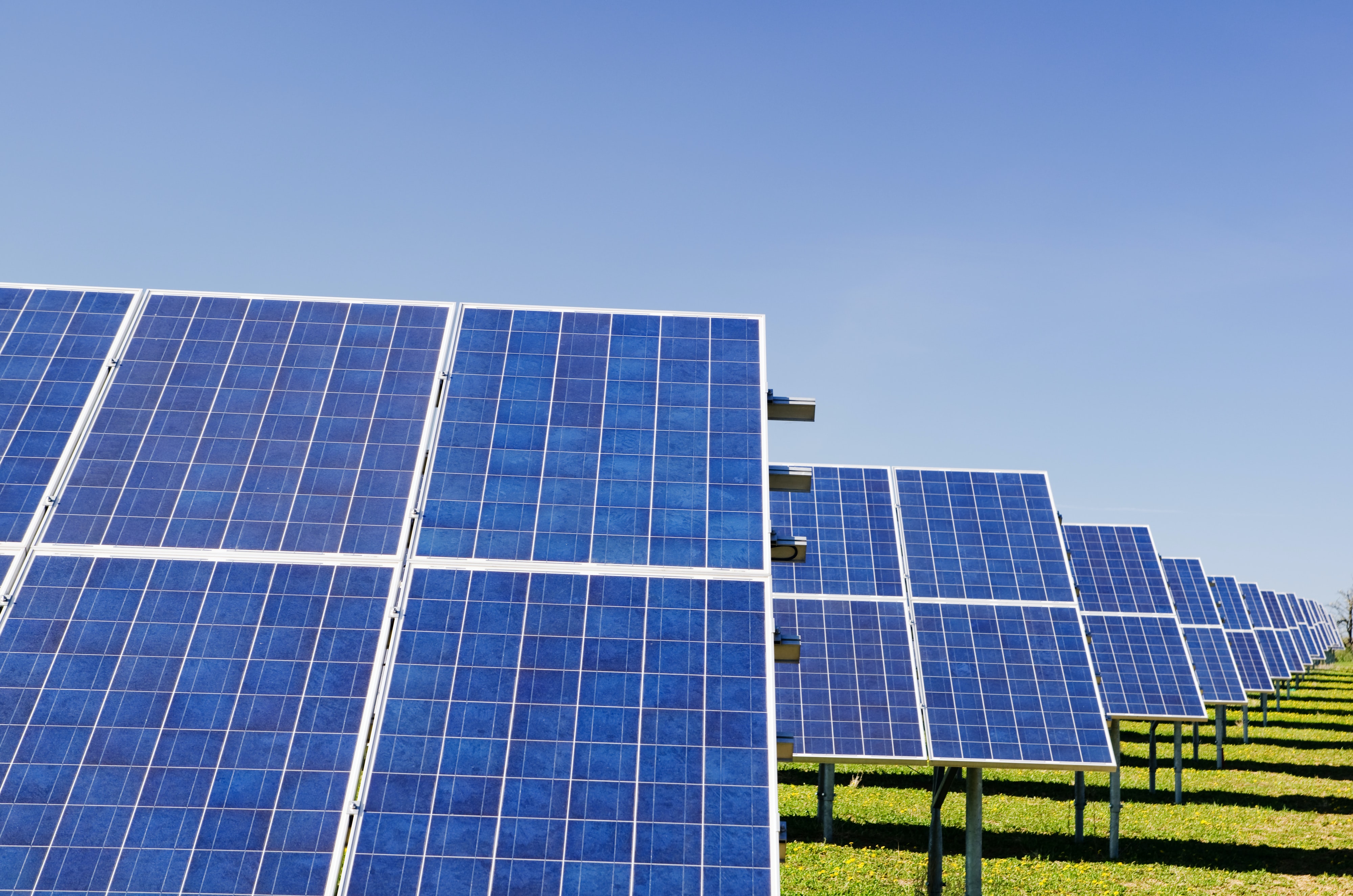
An easy way to save – A quick guide to smarter use
Everyone loves to find new ways to save money and keep their home in the best possible condition. These energy saving tips will help you save money in every corner of your home. From heating and cooling to the clothes we have covered you. And if you are willing to replace old equipment or inefficient units, check out our discounts and incentives to help you save even more.
Heating and cooling with optimal efficiency
Properly installed and inspected insulation on the floor, walls and ceiling ensures even temperatures throughout the home, reduces energy consumption and increases comfort.
Check the oven air filter monthly, especially during heavy months of operation (winter and summer). If the filter looks dirty, replace it. Replace the filter at least every three months. Dirty filters slow down the airflow and complicate the system and waste energy. A clean filter also prevents dust and dirt from entering the system, leading to costly maintenance or early system failures. Installing a heating and cooling system improves efficiency and comfort as well as overall performance. Repair your heating system every two years and never try to repair it yourself.
Adjusting the thermostat a few degrees can save a lot of money. When at home, set it to 78 degrees Fahrenheit or higher for cooling and 68 degrees Fahrenheit or lower for heating. Change the thermostat to 7-10 degrees Fahrenheit every time you leave the house for at least two hours, then again when you go to bed at night. If you have a condensing boiler or an air source heat pump, keep the thermostat constant in the indoor air. Its technology adjusts the system temperature according to the outdoor temperature. The programmable thermostat is perfect for people who are at home for a certain period of time.
Only program the temperature adjustment when the house is empty or when people are sleeping.
The wireless thermostat allows you to control the temperature remotely from a computer, tablet or smartphone, and some even have sensors that know when you are home to automatically adjust the temperature. Receive text messages or email alerts if your heating or cooling system is not working. Use the air conditioner setting at night when the outside air is cool, or open a window and leave the air conditioner off. Keep the windows closed when the air conditioner is in place. Change the central air conditioner thermostat fan setting to “continuous fan operation” so that the fan only works when it cools down. Check and check the condensate drain from the central air conditioner. A clogged drain causes water damage in the home and affects indoor humidity.
Clean the evaporator and condenser air conditioner. Dirty coils reduce the system’s ability to cool your home and use the system longer – increasing energy costs and shortening equipment life. Ducts that carry air to a compression air oven, central air conditioner, or heat pump are often large devices for removing energy. Sealing and insulation ducts can improve the efficiency of the heating and cooling system by up to 20 percent. 100, sometimes much more. Ask a professional to inspect your pipe for leaks. If the leak is severe, first focus on the sealing ducts that pass through the conditioned space, such as the attic, laundry room, unheated basement, or garage. The contractor must use tape (kit), tape with a metal jaw (aluminum foil) or aerosol sealer to seal the joints and joints. Once the ducts are closed, the contractor must wrap them in insulation to prevent freezing in summer or cold in winter. If the oven or central unit is more than 12 years old, or the boiler is more than 30 years old, you may want to consider replacing it with a more efficient unit.

